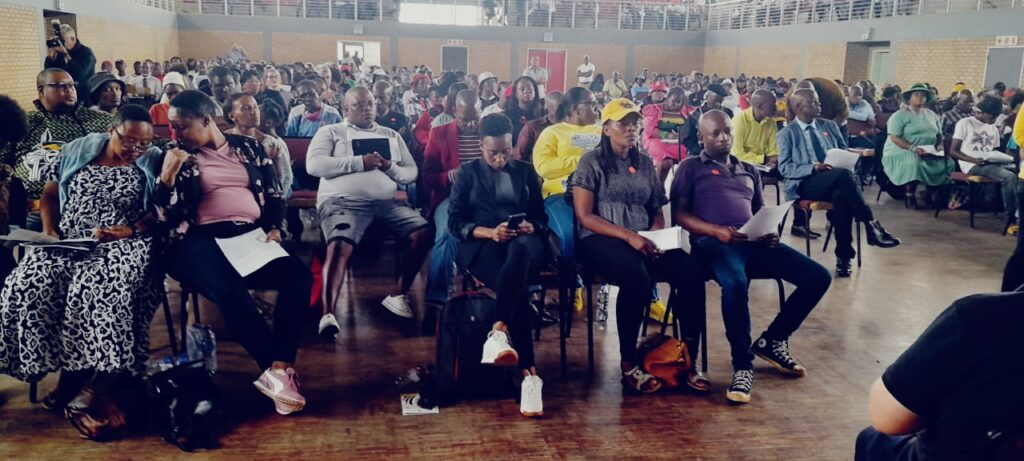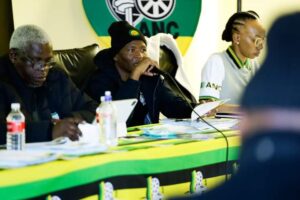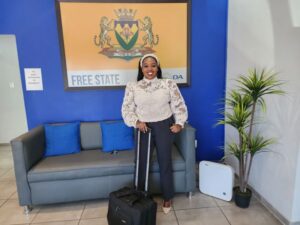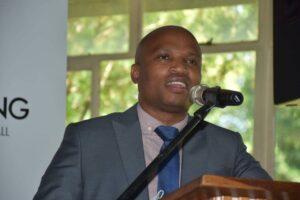By Libuseng Nyaka
QWAQWA – Community members who attended a public hearing on the Basic Education Laws Amendment draft law at the multipurpose hall on Friday vehemently opposed the inclusion of liquor selling in schools.
The Bill proposes to amend the South Africa Schools Act (SASA) of 1996 and the Employment of Educators Act (EEA) of 1998, to align them with developments in the education landscape.
The Bela Bill’s section 8A seeks to extend the provision of section 8A of SASA by providing for conditions under which liquor may be possessed, consumed or sold on the school premises or during school activities and to make consequential amendments to the section.
During the inputs, the secretary of the South African Democratic Teachers’ Union, Bells Mbhele said his organisation is opposed to any use of alcohol in the school premises.
“We support the Bill but not in its entirety; we oppose clause 8 which seeks to allow the selling of alcohol in the school premises under control. Alcohol is already a problem, when a student has consumed alcohol he/she becomes unruly and loses judgment.
“We would also want to see grade R educators employed by government because they too deal with children; this will create more employment and education will be formalized at an early stage. As Sadtu we also support that HOD’s must take a final decision with regard to language use in schools.”
School Governing Body SGB member Jabu Mbani suggested that remuneration of school governing body members be looked into.
“It is not correct for SGBs to take care of people at schools and not be paid. As the Congress of South African School Governing Bodies, we will appreciate if SGBs are paid.”
On behalf of people living with disability, Tselane Mokoena raised concern at their exclusion during the election of school governing body committees.
“We are always left out and people make decisions for our children without knowing their challenges. Lack of Sign language and building accessibility still pose a problem to us.”
After listening to the views and inputs, the chairperson of the committee Bongiwe Mbinqo -Gigaba said all inputs will be classified based on people opposing and supporting the Bill.

“For the people who do not support the bill we look into the clause and what they are unhappy with and we go to those who support it and do the same thing. After we are done with the classification, we compile a report that illustrates that we were in Phuthaditjhaba in Maluti-a-Phofung municipality and these are the views of the people. But this is a national process, so we are in Free State now, after which we are going to Koffiefontein and Bloemfontein. After we are done with all provinces we will submit a report to parliament, where we will vote on this bill based on what people on the ground said.”
For his part, the Speaker of Maluti a-Phofung Paratlane Motloung said: “We feel honoured as the municipality to have been considered to host this kind of public hearing on this Bill by the parliamentary portfolio committee. We really feel that our parliament takes us seriously. We hope the contributions and inputs done here will move us forward.”






More Stories
City manager in appointment controversy
Advertorial | Maluti TVET Graduation Ceremony
Manapo children receive gifts